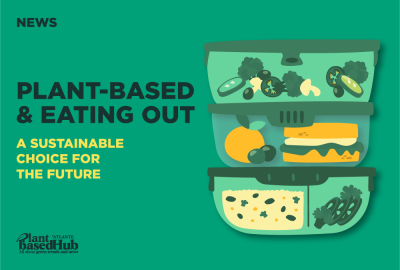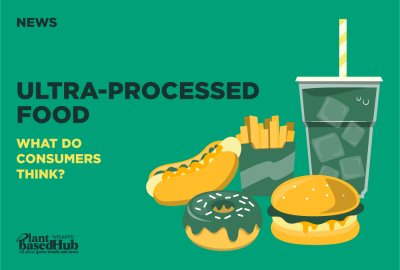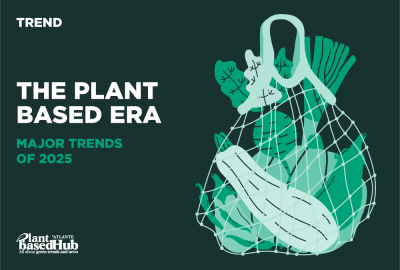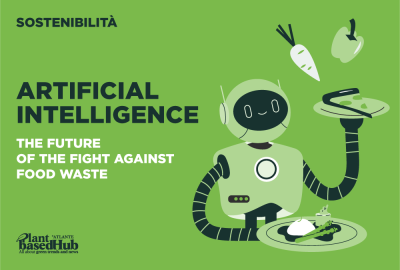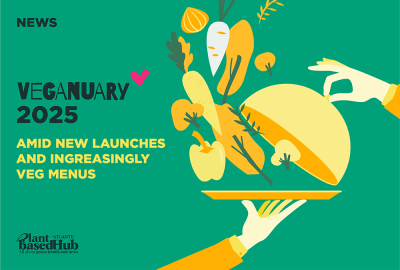Atlante
News
Food waste and world hunger: what is the connection? Here are insights from the 2024 Food Waste Index report
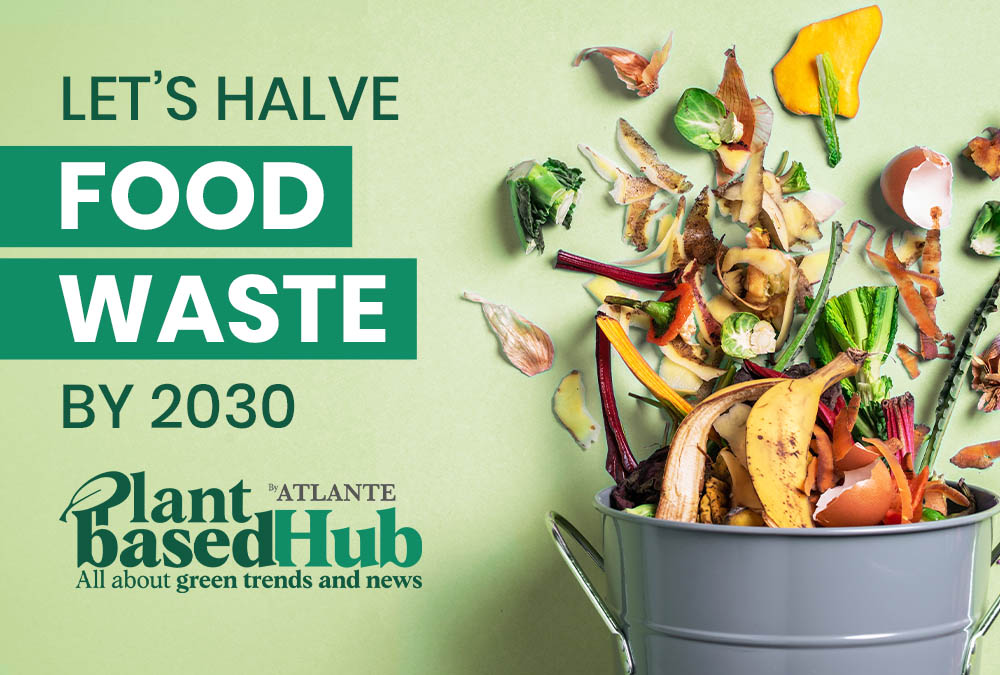
14 May 2024
Though one-third of the population lacks access to sufficient food, one billion meals are wasted globally every day, equivalent to one-fifth of global food production. This is the data revealed by UNEP’s 2024 Food Waste Index Report, which provides a detailed analysis of food waste in the retail and consumption sectors. Additionally, the report offers guidelines for improving strategies to reduce these staggering numbers in line with the EU’s 2030 Agenda and Sustainable Development Goal 12.3, which aim to halve food waste by 2030.Let’s delve into the data reported by the Food Waste Index and, most importantly, understand how we can minimise the disposal of uneaten food.
Food waste and world hunger: data from the 2024 Food Waste Index
The recent Food Waste Index Report 2024 highlights a troubling reality: the food wasted on a daily basis would be more than enough to feed the 783 million individuals suffering from hunger. In 2022 alone, 1.05 billion tons of food were wasted, comprising 19% of the total available to consumers.
This wastage occurs on multiple levels and originates mainly from our homes, where 60% of the total waste is recorded, amounting to 631 million tons. Subsequently, the restaurant and retail sectors contribute 290 and 131 million tons, respectively. It is worth nothing that, on average, each person wastes 79 kilograms of food per year, equal to approximately 1.3 meals per day that could alleviate hunger for those in need. Furthermore, the report estimates that approximately 13% of food is lost along the supply chain, from harvest to point of sale, illustrating a scenario where one-third of the food produced globally never reaches the plates of consumers.
Food waste and climate change
The report underscores another significant correlation in the realm of food waste: climate change. The data emphasises the disparity in warmer countries, where the consumption of fresh foods is higher but effective solutions for preserving and maintaining food are lacking.
Heat and consequent drought are therefore factors that cannot be underestimated when discussing waste: food processing, transportation, and sales often result in significant volume losses, contributing up to 10% of global greenhouse gas emissions.
Inger Andersen, Executive Director of UNEP, asserts that “food waste is a global tragedy. Millions of people will go hungry today because food is wasted around the world.”This does not only affect the global economy and climate change, but also createspollution and biodiversity loss.
Solutions to food waste: the Zero Waste initiative
30 March 2023saw the first International Day of Zero Waste, which shed light on sustainable practices and demonstrated how coordinated actions can effectively combat food waste. This initiative, supported by UNEP and UN-Habitat, emphasises the importance of waste prevention and reduction each year, proposing an operational model that minimises waste generation while improving resource recovery. It is an integrated approach essential for advancing towards a future where food production is maximised while simultaneously reducing environmental impact and promoting global sustainability.
Atlante has been at the forefront of the fight against food waste for years and has been collaborating with the Food Bank on an ongoing basis since 2013. Its employees take part in the famous Food Collection every year, and company volunteer days are organised regularly.

